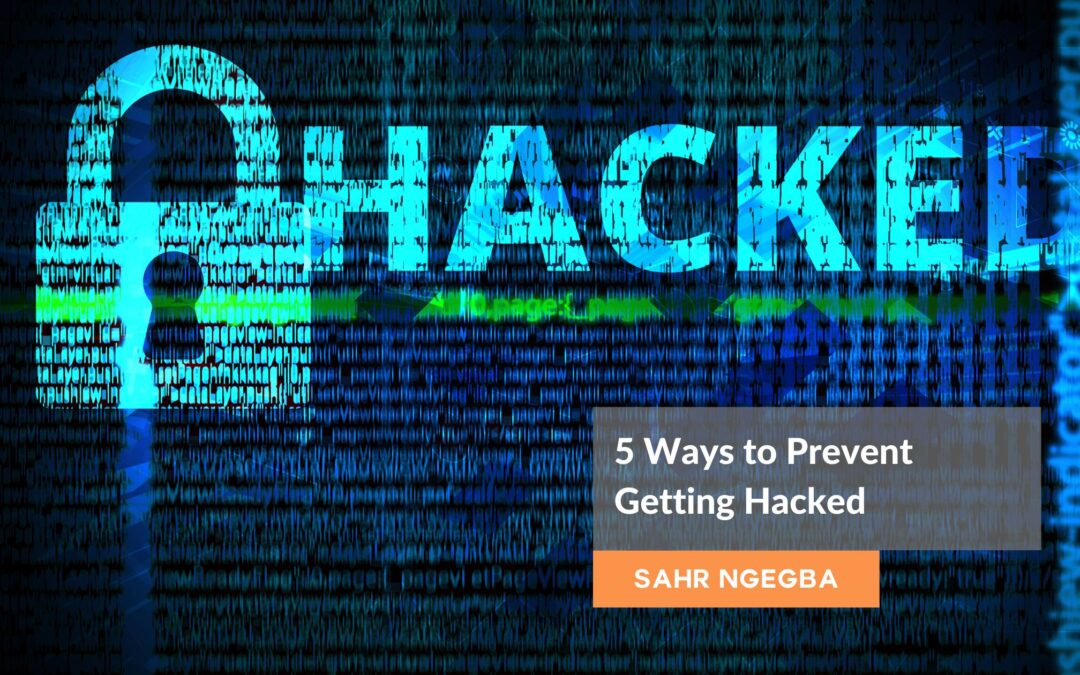In today’s digitally interconnected world, the threat of cyberattacks looms large, with hackers constantly devising new techniques to compromise individuals’ and organizations’ data security. However, there are proactive steps you can take to minimize the risk of falling victim to hacking attempts. Implementing robust cybersecurity practices and staying vigilant can significantly reduce the likelihood of getting hacked.
Here are five essential ways to prevent getting hacked:
Strengthen Passwords and Use Multi-Factor Authentication:
One of the most common ways hackers gain unauthorized access to accounts is through weak or easily guessable passwords. Use capital and lowercase letters, numbers, and special characters to strengthen your passwords. Don’t use information that can be guessed, such as your name, birth date, or well-known phrases. Furthermore, wherever it’s feasible, turn on multi-factor authentication (MFA).
Keep Software and Operating Systems Updated:
Hackers frequently use operating systems and software flaws to obtain unauthorized access to devices and networks. Regularly update your operating systems, applications, and software to the most recent versions to reduce this risk. To guarantee that you get important security patches and bug fixes as soon as they are published, turn on automatic updates whenever possible. Additionally, to identify and eliminate potential risks before they can do any damage, think about utilizing reliable antivirus and anti-malware software.
Exercise Caution When Clicking Links and Downloading Attachments:
Cybercriminals frequently employ phishing assaults, in which they try to deceive victims into divulging personal information or downloading malicious software. Be cautious when opening attachments or clicking links from unsolicited emails, messages, or websites. Emails requesting personal information urgently, suspicious attachments, or unexpected offers that look too good to be true should be avoided. When in doubt, get in touch with the sender directly using a trusted communication channel to be sure the message is genuine.
Secure Your Wi-Fi Network:
Unsecured Wi-Fi networks are vulnerable to unauthorized access by hackers, who can intercept data transmissions and compromise connected devices. Secure your Wi-Fi network by enabling WPA2 or WPA3 encryption, which encrypts data transmitted between your device and the router, making it more difficult for hackers to intercept and decipher. Additionally, change the default username and password for your router’s administration interface to prevent unauthorized access.
Backup Your Data Regularly:
Having a current backup of your data can be quite helpful in the event of a successful ransomware attack or hacking attempt. Make frequent backups of your crucial data, documents, and files to an external device, cloud storage platform, or backup server. To provide redundancy and resistance against data loss, combine onsite and offshore backups.
Preventing hacking requires a proactive approach to cybersecurity, including strengthening passwords, keeping software updated, exercising caution when clicking links and downloading attachments, securing your Wi-Fi network, and backing up your data regularly.

